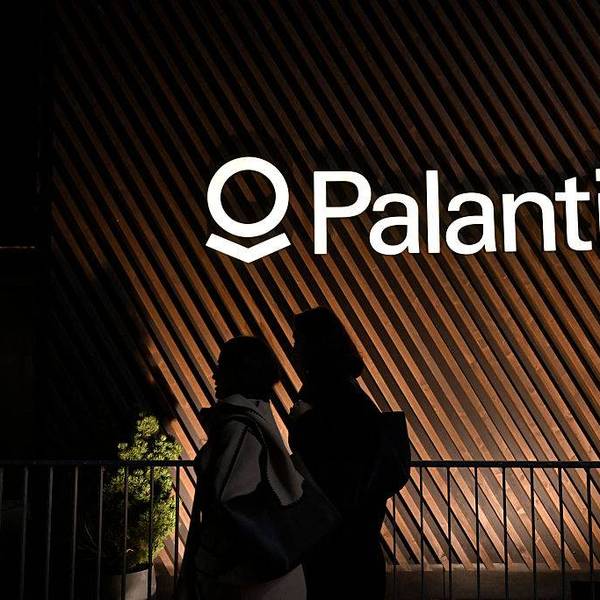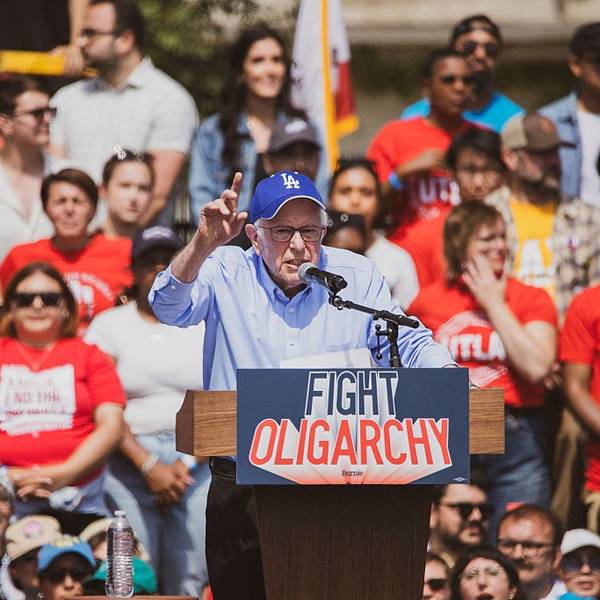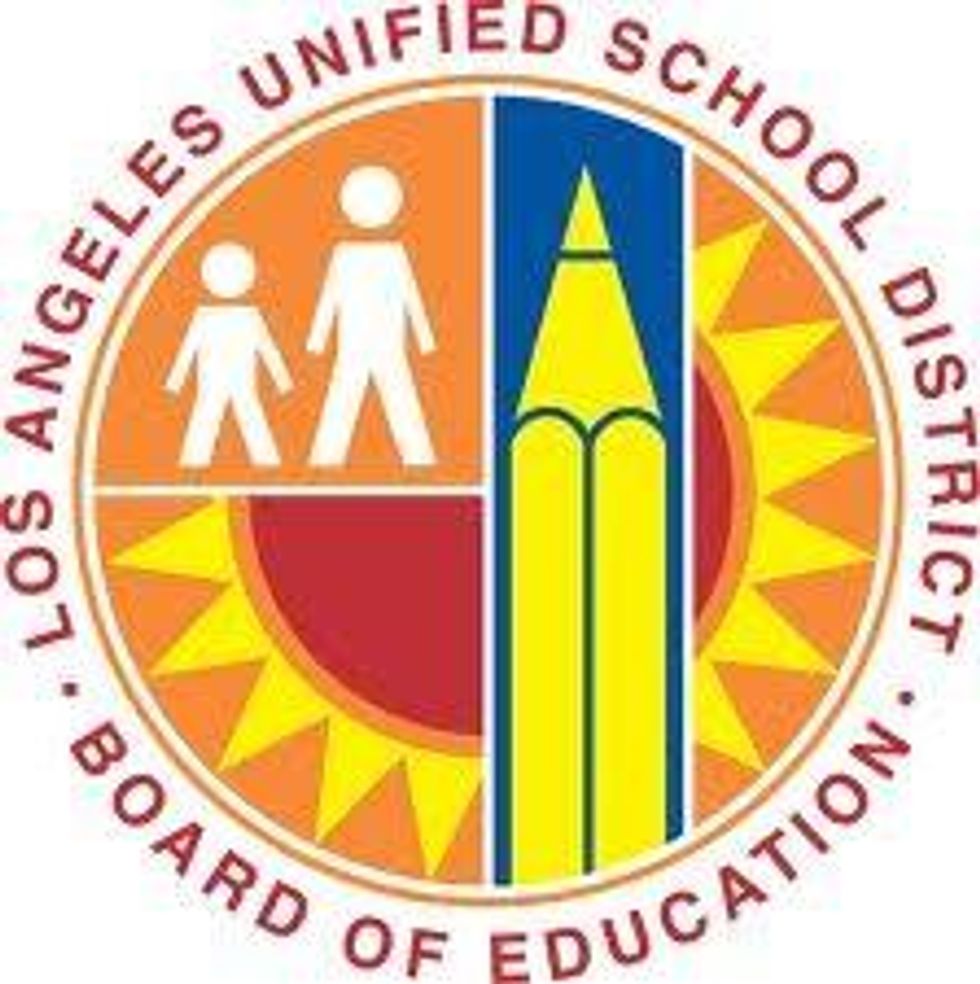Local school board races used to be decided by local voters, but not anymore, at least in Los Angeles. Tuesday's elections have attracted millions of dollars from outsiders who have a stake in the future of school reform in the country's second-largest district. In fact, there is nothing
ordinary about the races for three Los Angeles Unified School District Board of Education:
Not the money: More than $4.4 million has already been spent by all sides in races, according to the Los Angeles Times. School board races around the country traditionally cost no more than a few thousand dollars; this is the most expensive in L.A. history.
Not the donors: The Times said that outside money has dominated the spending. Donors include New York Mayor Michael Bloomberg, who chipped in $1 million to a coalition that L.A. Mayor Antonio Villaraigosa put together to support three candidates who support corporate-based school reform underway in the district. Also helping that effort was Michelle Rhee, whose lobbying organization StudentsFirst gave $250,000. Billionaire Eli Broad gave the same amount; Joel Klein, the former chancellor of New York City public schools who now works for Rupert Murdoch, gave $50,000. Of course, Hollywood figures are in this too: Dreamworks honcho Jeffrey Katzenberg donated $50,000, and actress Eva Longoria is campaigning for one of Villaraigosa's candidates.
Not what's at stake: The future of school reform efforts pushed by Superintendent John Deasey, including measures popular with reformers like Rhee and Bloomberg such as expanding charter schools, limiting the power of teachers unions and evaluating teachers in large part by student standardized test scores.
Furthermore, reformers, who were shocked last November when one of their favorite state education commissioners, Tony Bennett of Indiana, was tossed out by voters, and when Idaho voters overturned three school reform laws, are looking with great interest at the Los Angeles elections to see if public dissatisfaction with school reform is trending. If the mayor's chosen candidates in each of the three races lose, Deasey could be fired. And Villaraigosa, whose mayoral term is over at the end of June, could see what he considers his school reform legacy marred.
The tension can be seen in the most visible and expensive of the three races, in District 4, between incumbent Steve Zimmer, a Teach for America alumnus, and challenger Kate Anderson, a lawyer who used to work on Capitol Hill as a congressional staffer.
The mayor and his coalition are opposed to Zimmer even though Zimmer has supported Deasey on a number of issues. But last year he proposed a temporary ban on new charter schools and a halt to evaluating teachers by student standardized test scores -- both seen by reformers as key underpinnings to their movement. Zimmer proposed the charter ban because he wants tighter oversight on charters in place before new schools open, and an end to including test scores on teacher evaluations because assessment experts say that is a bad way to judge teacher effectiveness. That didn't stop Deasey last month from saying that 30 percent of the evaluations of teachers will be based on test scores.
This isn't the first time that billionaires have inserted themselves into races in states in which they don't live. Last November, outside money played a role in Georgia and Washington state, where voters approved measures to permit charter schools to open.
Let's see what happens on Tuesday in Los Angeles.




